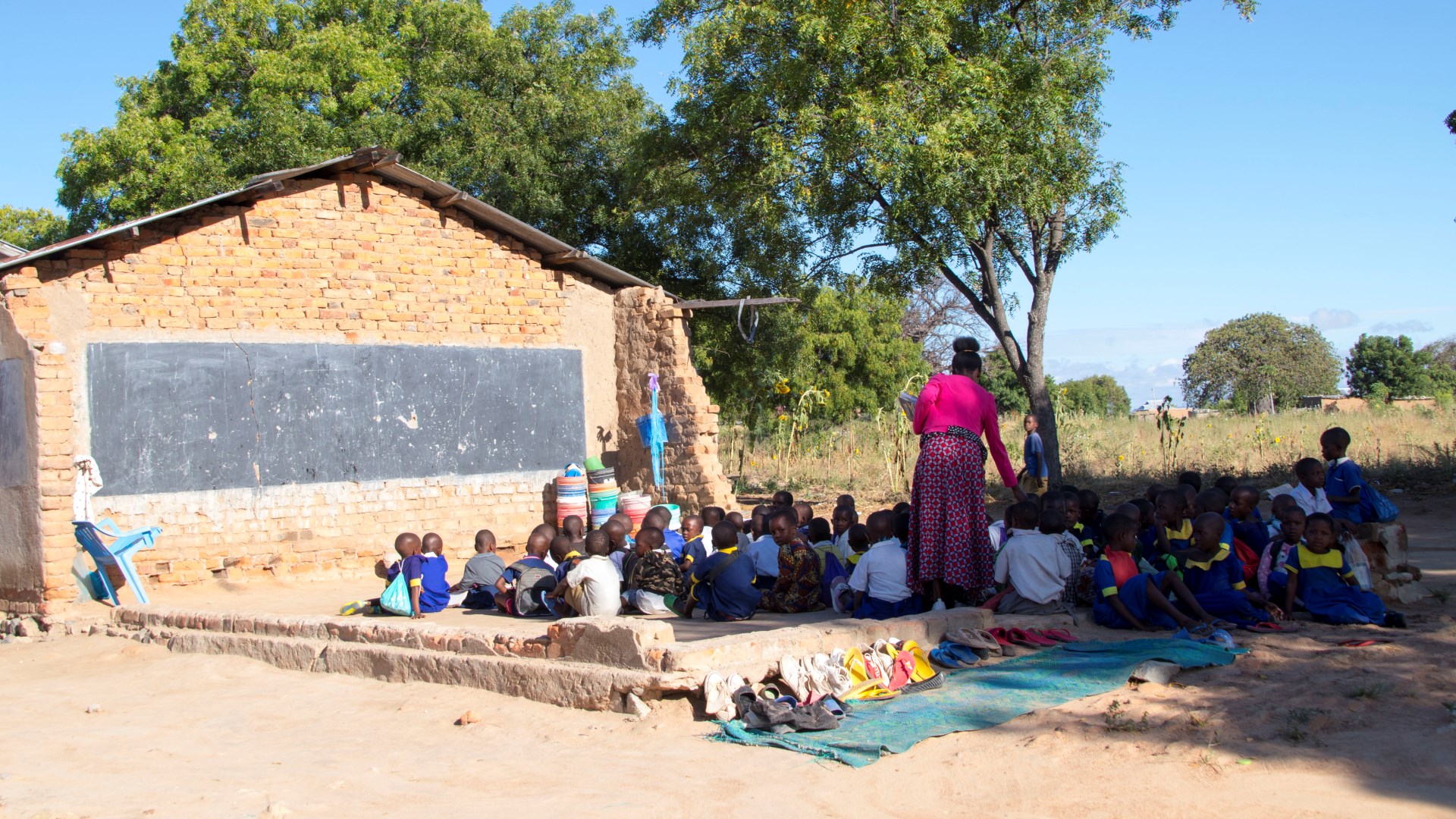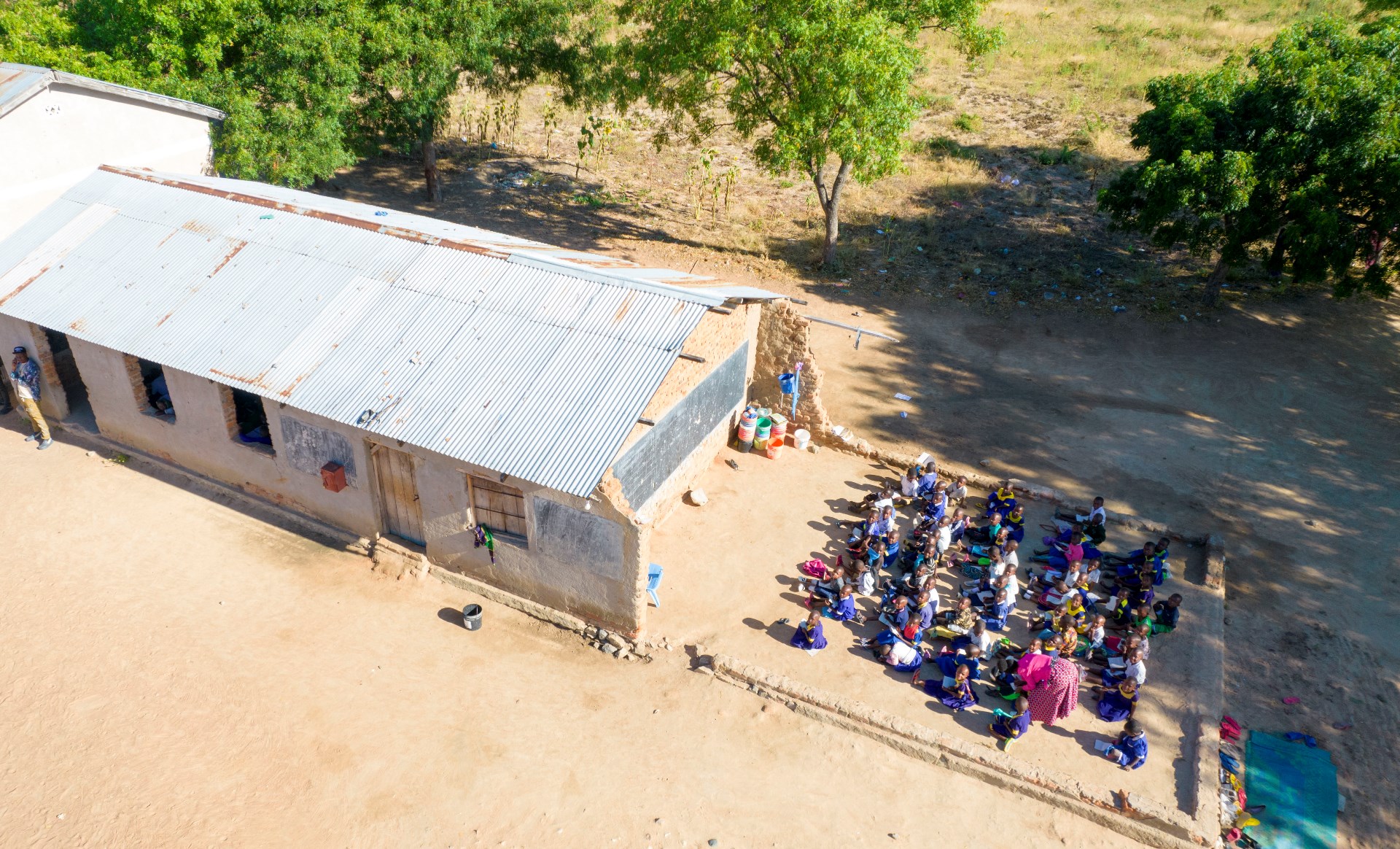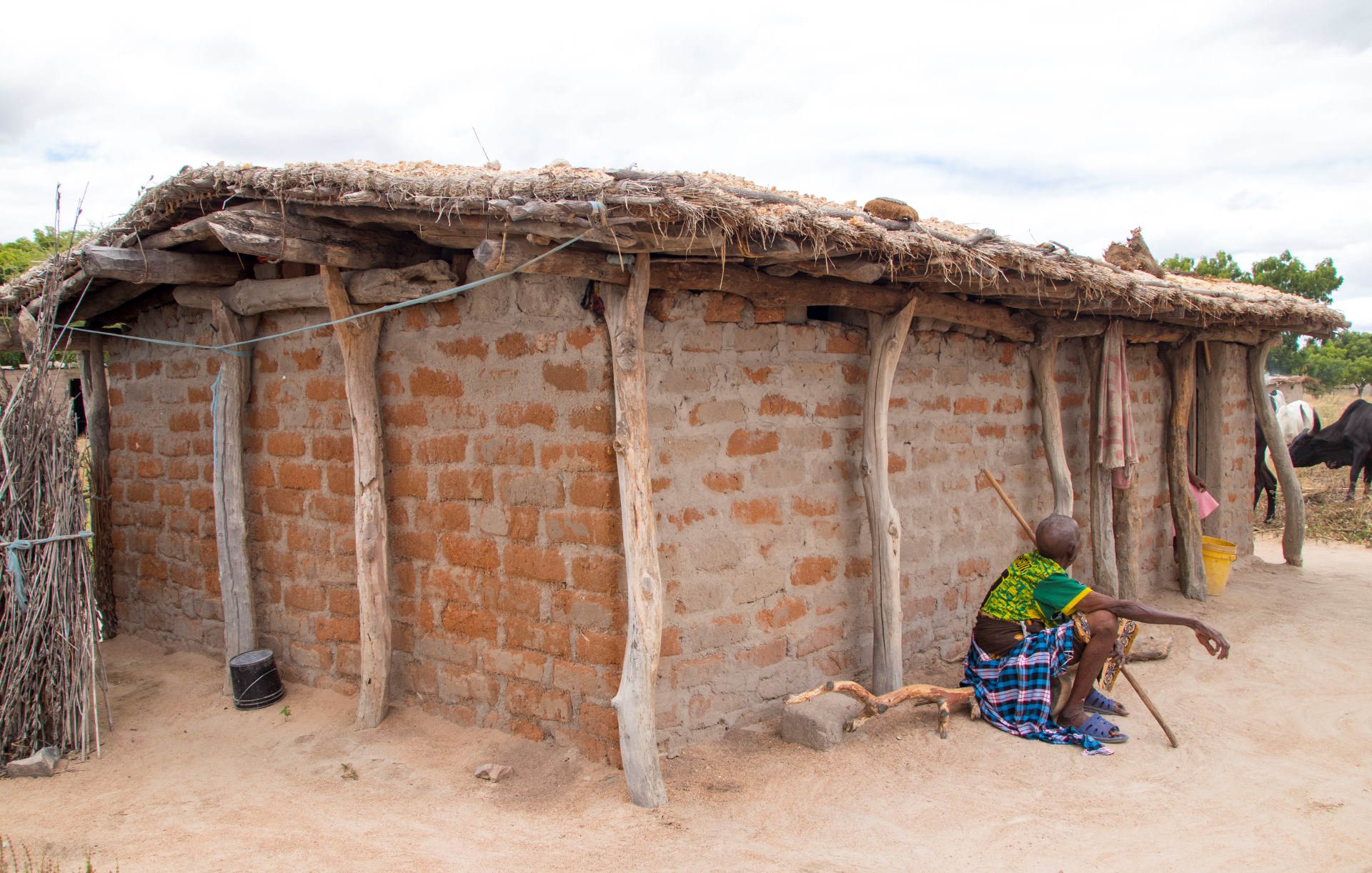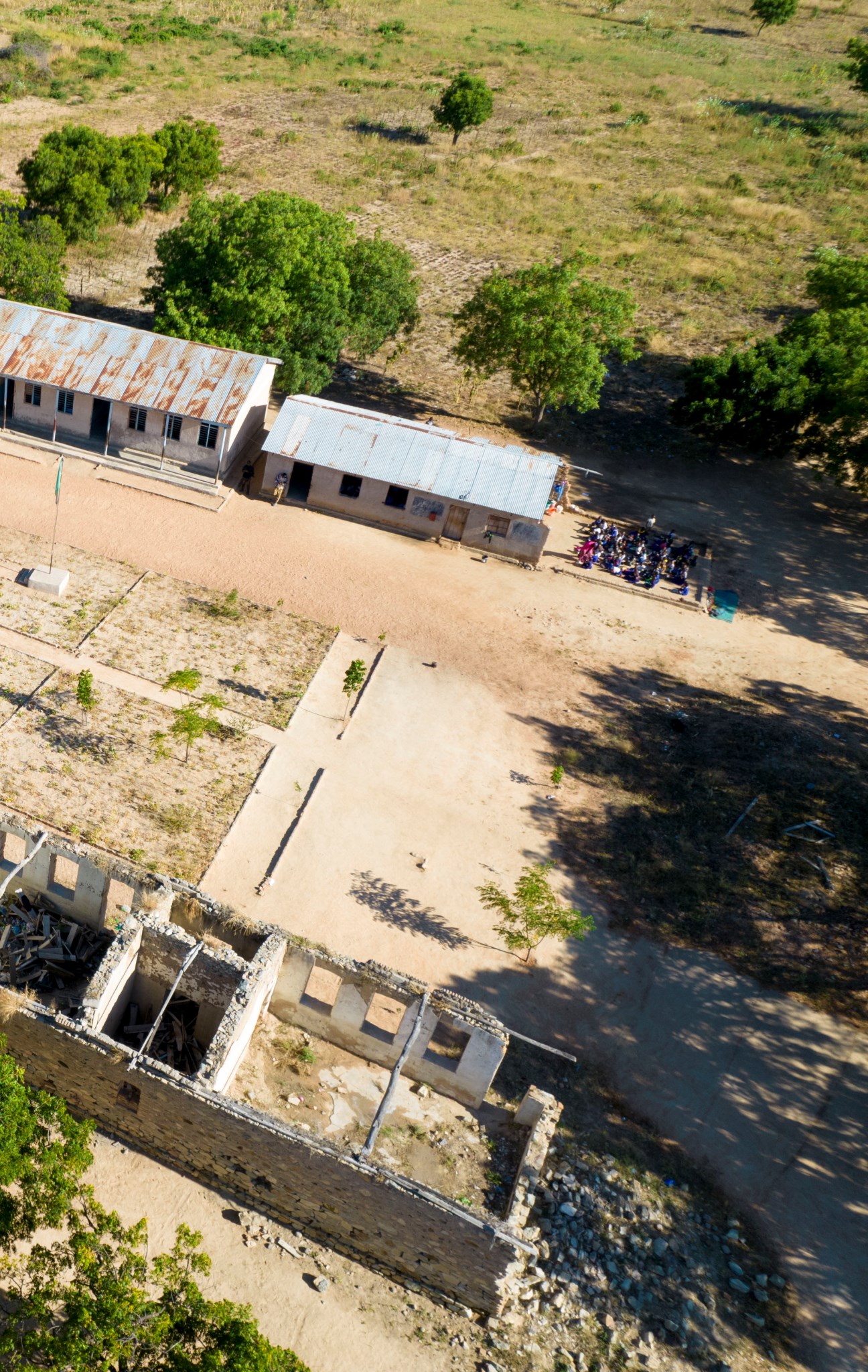Information About The Water Supply Project
Purpose Statement
Nondwa Village faces severe challenges due to the scarcity of water, negatively impacting daily life, education, and overall community well-being. The primary water source, a dam located four miles away, forces mothers to spend significant time fetching water, limiting their ability to engage in productive activities. Children frequently miss school as they travel long distances to collect water, disrupting their education and future opportunities.
Additionally, the lack of adequate water access has led to poor hygiene and sanitation, increasing health risks and reducing the overall quality of life in the village. The dry environment, without proper water availability, makes it difficult to maintain a healthy and livable community.
This project seeks to address these urgent needs by establishing a reliable and accessible water supply system within the village. By reducing the burden on families, improving school attendance, and fostering a healthier environment, the initiative will create long-term positive change, ensuring sustainable development and dignified living conditions for all residents.
Project Description
This project is designed to enhance access to clean and safe water for the local community by utilizing the Nondwa Village Dam, located four miles from the village. Through capacity building, hygiene education, sanitation improvements, and the development of a reliable water supply system, the initiative aims to address critical water-related challenges affecting households, schools, and public institutions.
Key Components:
- Capacity Building: Training community members on sustainable water management practices, conservation methods, and efficient water usage.
- Hygiene & Sanitation: Conducting awareness campaigns and providing essential facilities to promote improved sanitation and hygiene standards, reducing waterborne diseases.
- Water Supply System: Establishing infrastructure to transport and distribute water from the Nondwa Village Dam to key locations within the village, ensuring accessibility for daily consumption, agricultural use, and institutional needs.
This project seeks to create long-term improvements in water access, public health, and environmental sustainability, ultimately enhancing the quality of life for the local population.
Project Timeline
This project is set to unfold over a span of three years, beginning on the May 2025 and concluding on the June 2028
Expected Impact Statement
This project is expected to bring transformative change to Nondwa Village by addressing severe water scarcity and its wide-ranging effects on community life. The expected impact includes:
- Reduced Burden on Mothers: By establishing a reliable water supply system, mothers will no longer need to travel four miles to fetch water, allowing them to dedicate more time to family, economic activities, and personal well-being.
- Improved School Attendance: Children will no longer miss classes due to long journeys to collect water, ensuring better educational outcomes and uninterrupted learning.
- Enhanced Hygiene and Sanitation: Access to clean and safe water will improve hygiene standards, reducing the prevalence of waterborne diseases and creating healthier living conditions for all villagers.
- Revitalized Village Environment: Reliable water access will support tree planting and agricultural initiatives, making the village greener, more sustainable, and conducive to dignified living.
- Strengthened Community Resilience: By ensuring a stable water supply, the project will promote economic development, enhance food security, and foster long-term sustainability for the entire village.
Through these targeted interventions, the project will significantly improve the quality of life in Nondwa Village, empowering families and creating a healthier, more productive community.
Most Related

The Education For Growth Project
Primary School Pupils Be Taught while siting Outside on the floor after their clasroom collapsed

Tree Planting Project
The village and surrounding areas face severe environmental challenges due to dry conditions and a lack of trees. This scarcity of greenery negatively impacts soil fertility, biodiversity, air quality, and overall climate resilience, making daily life more difficult...

Income Generating Activities (IGA) Project
Small industries, farmer groups, individual entrepreneurs, and trainers of trainers (TOT) face significant challenges in improving agricultural productivity and processing techniques. Many lack access to modern farming methods, efficient processing technologies, and...




